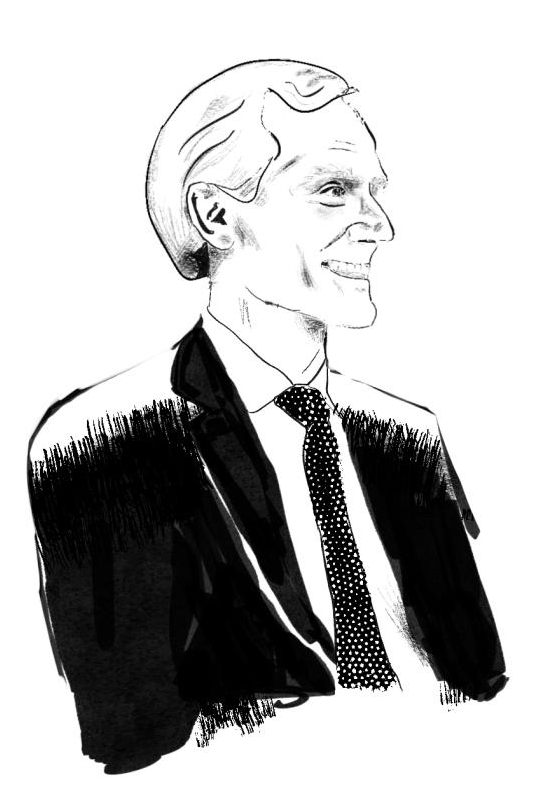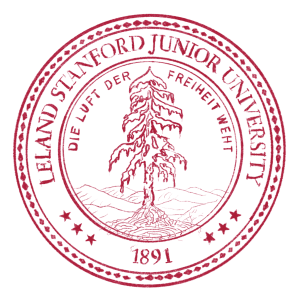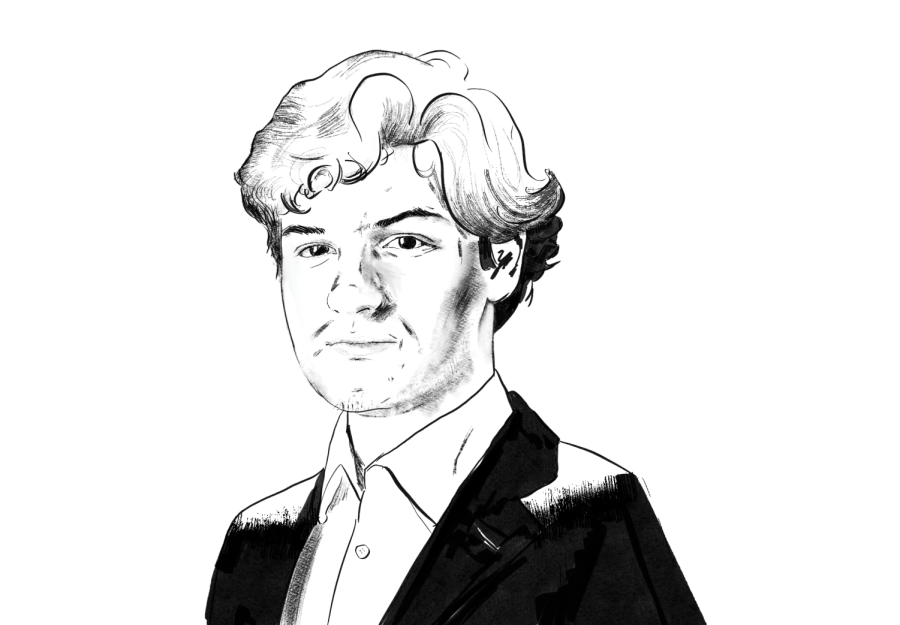Investigating the president: Q&A with Stanford student journalist
Marc Tessier-Lavigne is in trouble. The president of Stanford University, and former neuroscientist, is under investigation for publishing research allegedly containing manipulated images and falsified data, leading several scientists at the university to call for his resignation.
The news of Tessier-Lavigne’s alleged misdeeds is a blow to one of the most prestigious universities in the country and was brought to light from an unlikely source: 18-year-old Theo Baker, investigations editor of Stanford’s student-run newspaper, The Stanford Daily.
Baker published a story exposing the allegations against Tessier-Lavigne and became the youngest recipient of Long Island University’s prestigious George Polk award for journalism in February.
Verde talked with Baker to learn more about his experience in journalism; this is what he had to say.

1. To start off, how does it feel to win a Polk award?
“This is obviously a tremendous honor and wouldn’t be possible without a really great crew of people. I’m obviously super happy. It’s really nice to have that sort of credibility.”
2. Going back to the initial article about Marc Tessier-Lavigne, how did you find that story?
“I learned early in the fall that there were some discussions on … scientific forums about Tessier-Lavigne’s research going back about seven years, and so I started looking into that and contacted some experts who could look into the allegations more seriously.”
3. Did you expect the huge effect your article would have?
“I certainly hadn’t expected the Board of Trustees to open up an investigation the next day. That seemed to sort of come out of nowhere. But I appreciate that people have been engaging with the content of our articles, and I do hope that this allows for a broader conversation about scientific integrity and reproducibility.”
4. What challenges did you face both in publishing the article and dealing with the aftermath?
“Writing about someone who is in a position of power in the community is never an easy thing. You have to make sure you cross every “t” and dot every “i,” bend over backwards to be fair. So certainly, this has been trying in that aspect. We have spent many, many hours working on that. And obviously, at the end of the day, President Tessier-Lavigne has the power to send out a message to all faculty and staff … saying that our reporting is replete with falsehoods and breathtakingly egregious. He has the power to do that even though he won’t sit for an interview.”
5. How do you view the Daily’s relationship to Stanford?
“Stanford Daily’s marking its 50th anniversary of full independence from the university this year, which is fantastic. Without that security, we would not be able to publish articles like these without question. We are an independent student-run 501(c)(3) with an excellent board of directors and legal counsel. That is absolutely required for something like this, to have the team of advisers that we’ve had, to have the lawyers that we’ve had.”
6. What are your goals for journalism in the future?
“My goal has always been to do everything in my power to bring issues and things happening behind the scenes into the light, so we can have conversations about them. … What I’ve seen in some of the people who eventually have come forward to talk about what they say happened at Genentech in 2011 [that data was falsified in Tessier-Lavigne’s research and he tried to keep the findings of an inquiry into his research from going public] is that there is there is a shared commitment to a belief in truth as the highest value. I love this community, Stanford’s community, and when you love something you want it to be better. You want to push for accountability and transparency at every level. So that’s really why I love journalism. It’s about … making sure people have all the information in front of them.”

7. Your parents are prominent journalists: Peter Baker of the New York Times and Susan Glasser of the Washington Post. How has that affected your approach to journalism?
“I’m enormously lucky in the sense that I know what good journalism looks like. I’ve grown up watching people do their thing and that has been phenomenal. I keep my parents entirely separate from my work. They don’t help me source; they don’t help me write or edit. Even though my life would be significantly easier if they did, I just think it’s unfair. So every single resource that I’ve used is one that’s available to any other Daily staffer … and anyone can be a Daily writer. My parents really serve as an example, serve as an inspiration. I’m certainly proud of what they do. But in terms of direct effect, I do try to keep them separate from the work that I do.”
8. You serve as investigations editor for the Daily. How does your job work?
“My job is to help writers out while they’re working on longer format pieces, more in-depth pieces. The way I think about it is that the investigations section is where people are writing stories to capture information that people in the community either would not or could not have without our reporting. It’s possible to learn a lot of things about your community without necessarily having to read them in the student newspaper. … Investigations: I see the job of these pieces as doing things that really push the boundaries of our coverage into new territory. Provide information that otherwise would be totally inaccessible to everyone who deserves to know what is happening in their community.”



